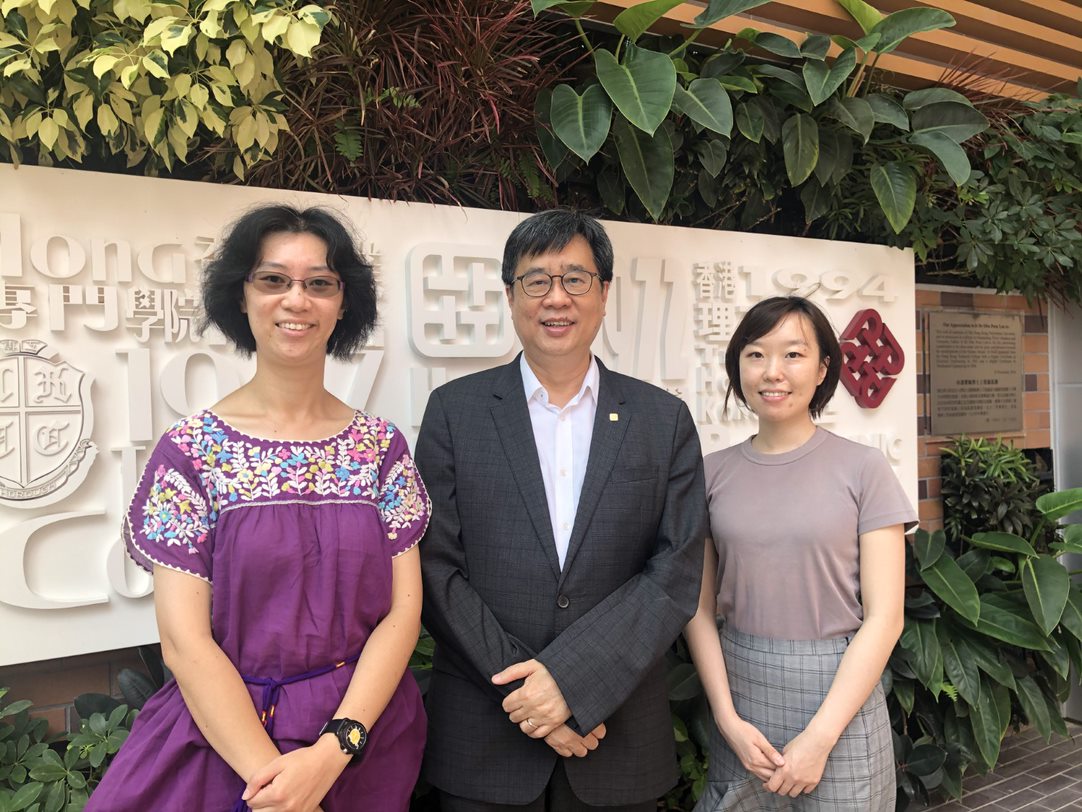Psychological trauma and unsafe behaviour during the COVID-19 pandemic: A mixed-method study of people’s emotion, knowledge, attitude and behaviour

The COVID-19 pandemic has ravaged the world. During this epidemic, it caused varying degrees of trauma to the world. Take Hong Kong as an example, COVID-19 has caused various levels of psychological distress to the citizens. Besides, citizens’ perceptions, attitudes, and behaviors about COVID-19 also affect how they take preventive behaviors. Therefore, understanding citizens’ behaviors and thoughts during the epidemic will help prevent and control the epidemic. Because of this, the Food and Health Bureau of the Government of the Hong Kong Special Administrative Region has especially funded this research project to explore Hong Kong citizens’ knowledge, experience, emotions, preventive measures, and compliance regarding COVID-19. Also, to investigate the reasons of not following the preventive measures recommended by the government and health authorities. The results of this project will provide relevant government departments, health organizations, and health service providers with beneficial information to optimize the government’s infectious disease prevention strategies, and to achieve the long-term goal of improving public health.
This research will conduct telephone surveys and face-to-face interviews. Approximately 3,000 citizens will be randomly invited to participate in this telephone questionnaire. In addition, we will conduct 240 in-depth interview for about 1 hour. The interviews will be conducted at the Hong Kong Polytechnic University.
Virtual Assessment of Mentalising Ability

We will be developing a comprehensive video-based assessment tool to measure ToM* in older adults. As part of this goal, we plan to conduct a pilot study, using surveys to obtain initial feedback on some scenarios that may form the basis of the videos to be used in a future study.
The project is based on our earlier work on The Virtual Assessment of Mentalizing Ability (VAMA), which was developed by Canty, Shum, and colleagues (2017) for assessment of ToM for young adults. Participants are shown social conversations in video-clips and at the end of the clips, the participant is asked to answer four questions that assess the four dimensions of ToM. It requires the participants to imagine what another person might be thinking (cognitive ToM) or feeling (affective ToM).
This pilot study is aimed at obtaining feedback from a small group of participants in the form of a survey, on written descriptions of scenarios that are relevant to adults of various ages.
*Notes: ToM – Theory of Mind, indicated the ability that people can understand others’ feeling and thoughts.
Effects of time delay on prospective memory in young, middle-aged, and older adults: A behavioural and near infrared spectroscopy study

Prospective memory is remembering to do things in the future, like a mental "to-do" list. It helps us stay organized and get things done.
Current research project that aims to examine how memory works when there is a delay between forming an intention and carrying it out. Previous studies have had mixed results and only looked at short time intervals. The project will look at three groups of people (young, middle-aged, and older adults) and how they perform on memory tasks with no delay, a one-day delay, and a one-week delay. The second objective is to investigate how the brain is involved in memory and aging by using a special technology called near-infrared spectroscopy. This will help researchers understand how memory works and changes as people age.


